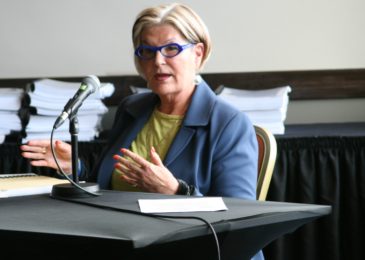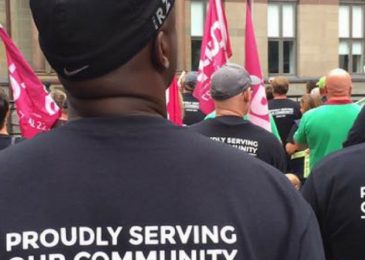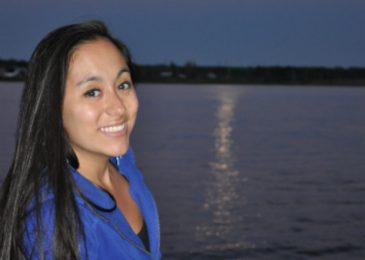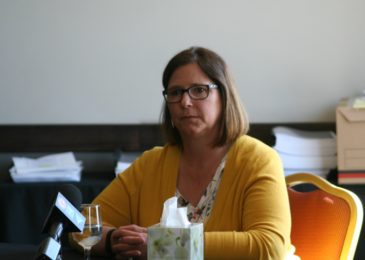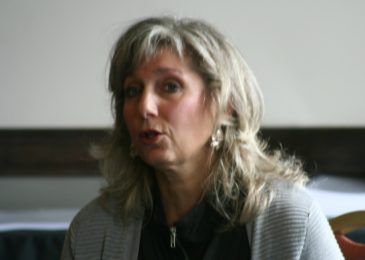It is really about basic dignity and respect – Louise Bradley on mental health care and living in institutions
For me, the testimony by Louise Bradley, CEO of the Mental Health Commission of Canada, was one of the highlights of this week’s proceedings at the human rights inquiry. That’s why I was pleased when she was willing to be interviewed. We talk about mental health, the harm of living in an institution, stigma, and the benefits of community living. Louise was at one time heavily involved in the East Coast Forensic Hospital in Dartmouth, and we also talk about the folks there who have been conditionally discharged but can’t get the supportive housing they need. So they just stick around, sometimes for many years.

